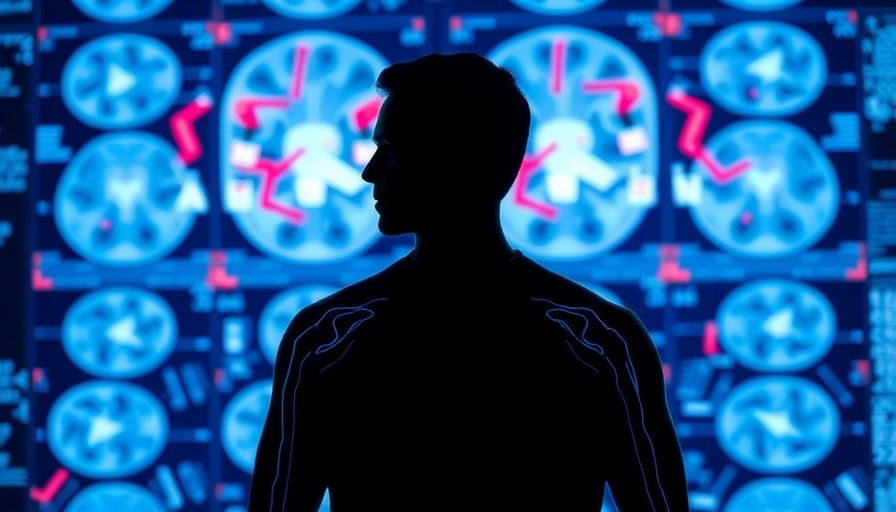
Unlocking the Future of Prostate Cancer Treatment with AI
In an exciting breakthrough, researchers have developed a revolutionary AI test designed to identify which men with high-risk prostate cancer will benefit significantly from the life-saving drug, abiraterone. This tool, which leverages advanced machine learning techniques, can predict treatment outcomes, helping doctors make informed decisions about patient care.
How the AI Tool Works
This AI test utilizes sophisticated algorithms to analyze biopsy images, detecting subtle tumor features that are invisible to the naked eye. By assessing these snapshots of biology, the AI can categorize individuals into groups based on their potential responses to abiraterone, a drug known to reduce the likelihood of death by half for some patients.
The Value of Precision in Treatment
As healthcare systems grapple with resources and treatment efficiencies, the introduction of AI in medicine symbolizes a significant step forward in personalized healthcare. The study conducted involved over 1,000 men with non-metastatic prostate cancer, revealing that approximately 25% of those evaluated were ideal candidates for abiraterone. For these individuals, the drug saw a dramatic reduction in mortality rates, indicating the profound implications of using AI as a guiding tool.
Benefits for Patients and Healthcare Providers
For many men with high-risk prostate cancer, the insights from this AI technology can lead to tailored treatment approaches that maximize benefits while minimizing exposure to unnecessary side effects. Not only does this development promise to enhance patient quality of life, it also represents a turning point for healthcare innovations, meeting the demands for more targeted, effective therapies.
Global Impact and Future Predictions
As healthcare practices evolve globally, the integration of AI into diagnosis and treatment is poised to reshape the landscape of patient care. The positive outcomes of this test could pave the way for similar AI applications across various medical fields, encouraging a shift toward smarter, data-driven healthcare systems.
In conclusion, the introduction of predictive AI tools in understanding treatment benefits highlights the synergy between technology and health, revealing how artificial intelligence can genuinely transform lives. For those seeking to educate themselves further on AI and its applications, a wealth of resources is available, from beginner's guides to advanced insights into this promising technology.
 Add Row
Add Row  Add
Add 




 Add Row
Add Row  Add
Add 



Write A Comment